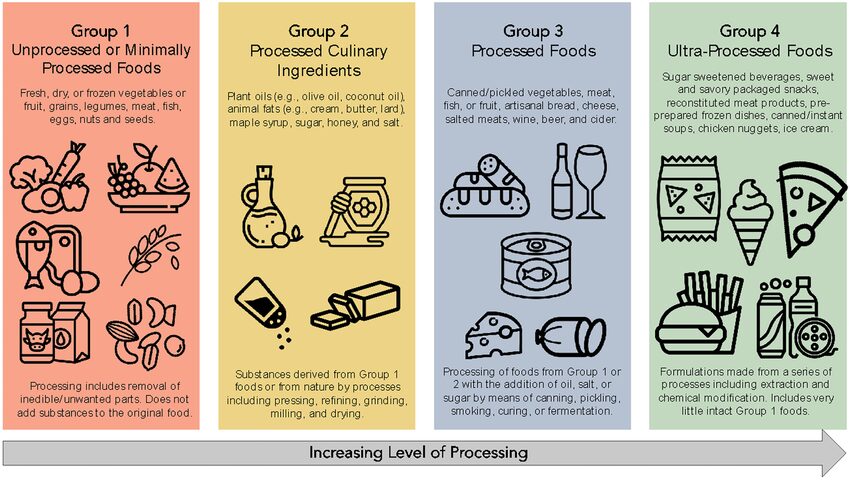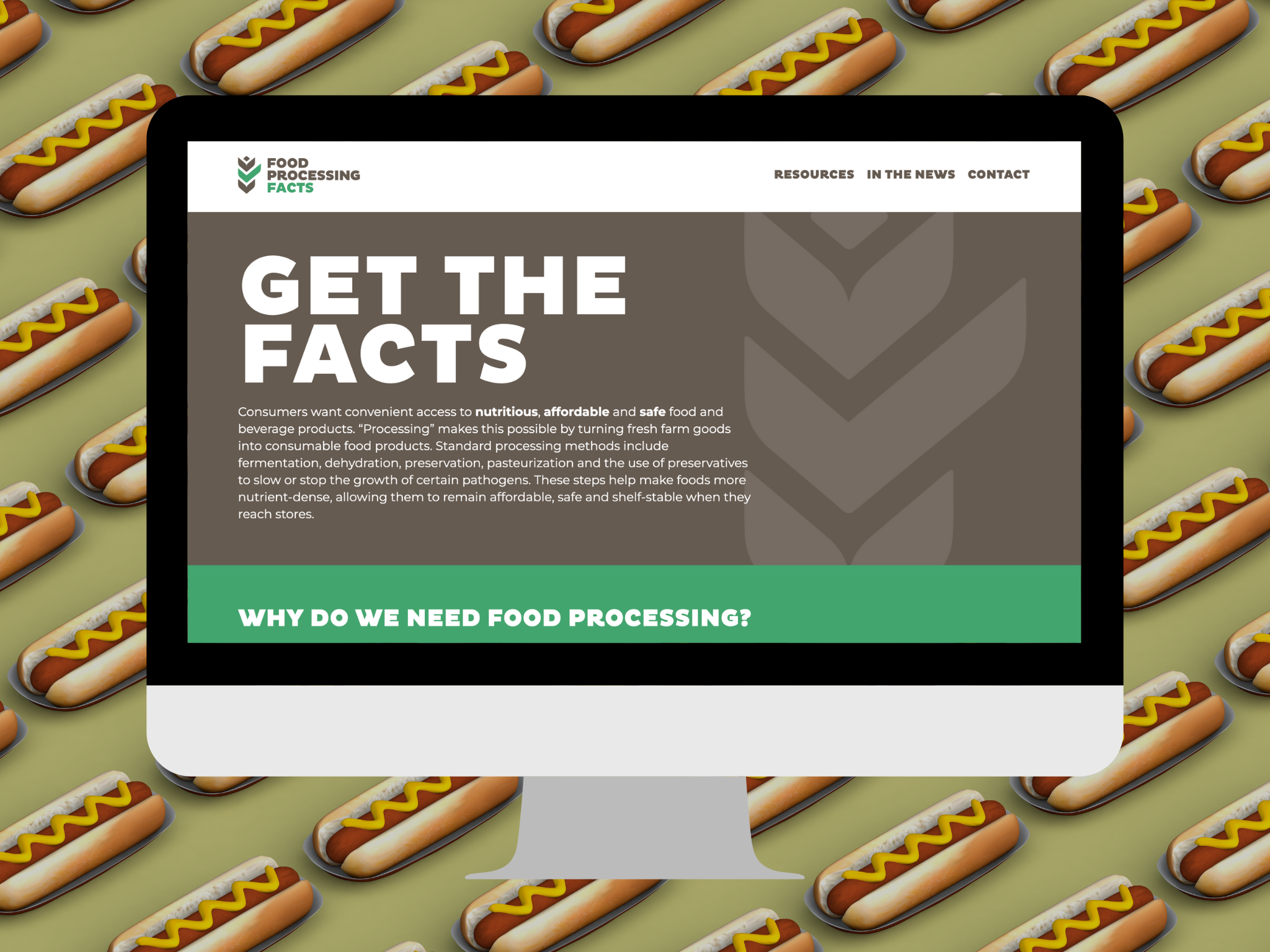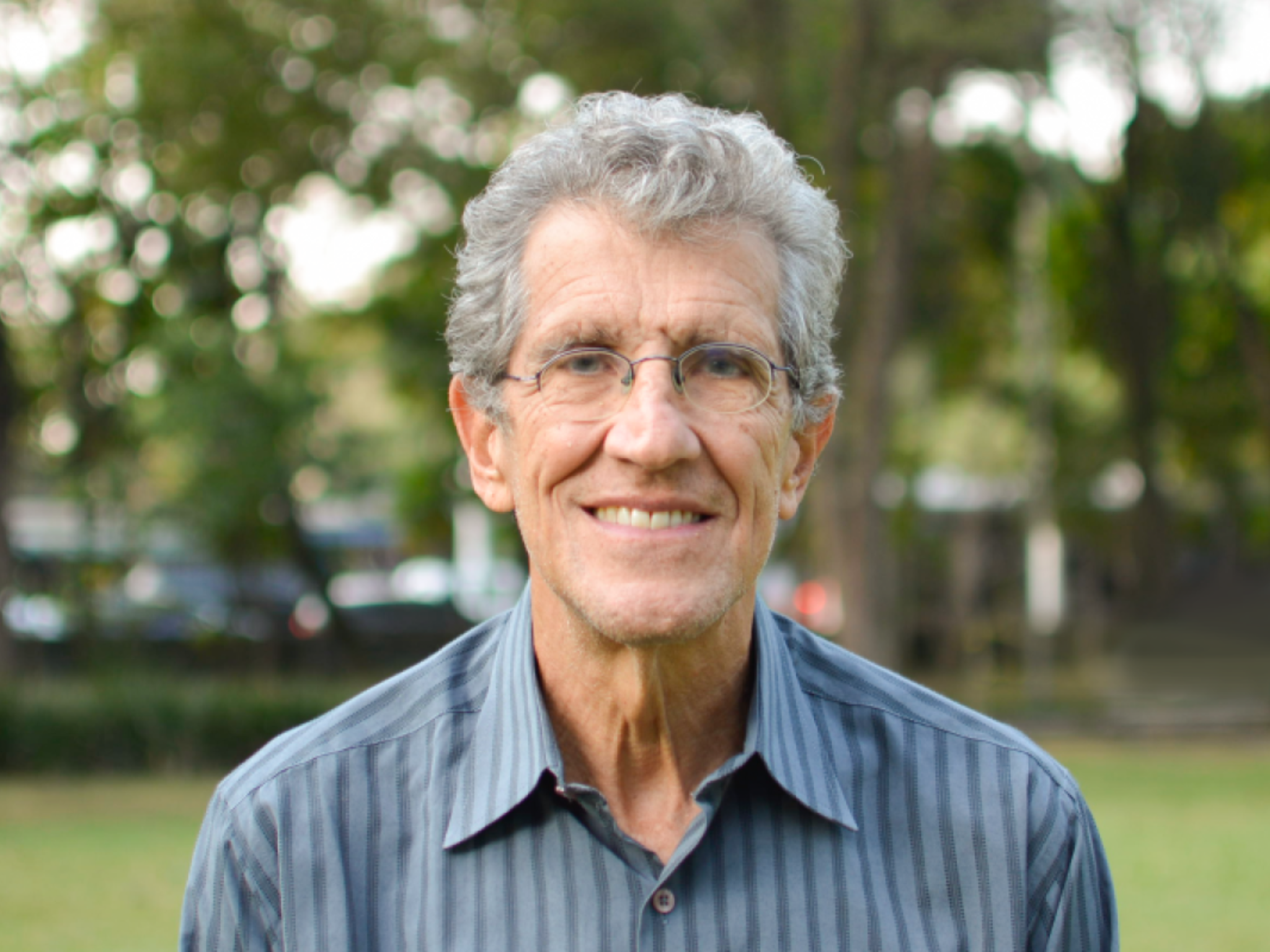‘Deeply Problematic’: Nutritionists Slam Ozempic Maker’s Efforts to Revise Ultra-Processed Food Classification
7 Mins Read
Over 90 nutrition scientists have hit back at a research project funded by Ozempic maker Novo Nordisk, which aims to develop a new classification for ultra-processed food.
The ultra-processed food (UPF) wars are heating up, and this time, it’s a battle between nutritionists.
More than 90 independent health and nutrition scientists have penned an open letter to voice their concerns about a research effort developing the “next generation” of the Nova classification, the tiered system that defines what foods through the amount of processing.
The project is backed by Novo Nordisk Foundation, the controlling shareholder in the eponymous pharmaceutical giant, most famous for diabetes and obesity medications like Ozempic, Wegovy, and NovoRapid.
The letter, whose signatories include experts like NYU Professor Emerita Marion Nestle and Ultra-Processed People author and infectious disease doctor Chris van Tulleken, raises concerns about a conflict of interest, given that Novo Nordisk “derives substantial profit from the treatment of diet-related diseases”.
“It is deeply problematic that a corporation with vested financial interests in these conditions is now funding a project that seeks to redefine the very classification system used to successfully study the role of diet in diet-related diseases,” it reads.
Phillip Baker, a research fellow at the University of Sydney and signatory of the letter, wrote: “This initiative involves, and is being promoted by, scientists who have been paid by food companies in the past, including Arla, McDonald’s, McCain Foods, Nestlé and others.”
It comes just after Professor Carlos Monteiro, who led the University of São Paulo team that developed the Nova classification, called out pharma giant’s ‘Nova 2.0’ project.
In a letter addressed to the initiative’s lead, University of Copenhagen’s Prof Susanne Bügel, Monteiro did not mince his words: “Do not use the term Nova in the title or objectives of your project. Do not refer to your project as an improvement or new version of the Nova classification. Do not suggest that your project has any connection with the Nova classification or its creators”.
What are UPFs, and why are they criticised?

Monteiro and his team of researchers created the Nova system in 2009, grouping products into four subgroups. The first category comprises unprocessed or minimally processed foods (including whole foods), the second contains ‘processed culinary ingredients’ (like nut and seed oils, or salt), and the third category is made up of processed foods that have enhanced shelf lives (think tinned fish, salted nuts, pickles, breads and cheeses).
UPFs make up the final category, which the Nova classification defines as foods produced via industrial formulations and techniques like extrusion or pre-frying, combined with cosmetic additives and substances of little culinary use. This involves products like ice creams, sugary cereals, fizzy drinks, packaged breads, sausages and reconstituted meats, and plant-based meat analogues.
This last group has been under heavy scrutiny in the last year, due to the link between UPFs and ill health – several studies have concluded that UPFs are bad for human health, with one umbrella review last year outlining 32 harmful effects of these foods.
The discourse has amplified since Robert F Kennedy Jr became the new US health secretary, on the back of promises to ban UPFs in schools and make the food system less processed. California is also cracking down on these products, while some of the country’s largest food companies are facing a lawsuit for deceptive marketing to children.
In response, the Consumer Brands Association – which represents industry giants including Nestlé, Kraft Heinz, Coca-Cola, Danone, PepsiCo, Kellanova, and Mondelēz International – has created a Food Processing Facts website to combat “consumer confusion” around UPFs. And the Non-GMO Project has unveiled a new Non-UPF Verified label for food products.

Novo Nordisk’s push to develop Nova 2.0
The project by Novo Nordisk Foundation, meanwhile, was announced in October. Over two years, it aims to “develop a scientifically based understanding” of the importance of different food processing methods – in other words, the research will directly focus on the nutritional content of foods, rather than the production process.
Bügel and her team will also look at incorporating the food matrix into the conversation around UPFs – this refers to the chemical and physical composition of foods, and how their molecules interact.
“We are at risk of demonising healthy foods such as some types of cereals that you cannot make at home, but are packed with whole grains and fibres,” said Arne Astrup, managing director and senior VP for the obesity and nutrition division at Novo Nordisk Foundation.
“We should not make the same mistake as when we shamed fat, because we ended up promoting a diet with a high starch content that in effect works like sugar in the body. This turned out to be a bad solution for many people. Instead, our science should be as nuanced, rich and rewarding as a good meal.”

It’s a sentiment echoed by many nutritionists across the world, who have described the Nova classification as important, but often misunderstood in media coverage. Several studies have shown that not all UPFs are bad or unhealthy – whole-grain breads or plant-based milk (even those with additives) come to mind.
Nutrition experts have highlighted that processing shouldn’t be linked to nutrition. Dr Martin Smollich, head of pharmaconutrition at Germany’s Institute of Nutritional Medicine, noted last year: “Ultra-processed foods are not all the same: there are UPFs with a very good and with a very poor nutritional profile – just as is the case with less processed foods.”
Marlana Malerich, co-founder at the Rooted Research Collective and a food systems researcher with expertise in UPFs, told Green Queen: “The open letter raises the legitimate concern of potential conflict of interest that should not be dismissed, however, it is well-established that the Nova classification system – and categorising food by level of processing alone – can create confusion, even among health experts
She adds that other systems, like ‘high fat, salt and sugar’ (HFSS) categorisation, are more comprehensive. “Many processed foods are HFSS, and fundamentally unhealthy, and can be quantified (via nutrient content) as such. However, this is due to the content of the products rather than the processing level.”
Nutritionists hit back at ‘industry-serving’ effort to redefine UPFs

Rather than alienating the inventors of the original Nova system, Bügel wants to work with them on the Novo Nordisk-based research. “An important aim of this project is to bring experts together and include both those who invented the original Nova classification and those who have been critical,” she said.
That, however, has been met with strong resistance from Monteiro and other health experts. “Nova and its creators have never had, do not have, and will not have any association with the newly launched Novo Nordisk project to create ‘Nova 2.0’,” Monteiro tweeted last week.
In the open letter, the nutritionists claim that the attempt to update Nova “undermines years of rigorous research” and “creates confusion among policymakers, scientists, and the public”, while benefitting the industries that profit from UPFs. They highlight how the UN Food and Agriculture Organization and World Health Organization have adopted the Nova score as one of their four diet quality indicators globally.
To all colleagues worldwide who work or have worked with Nova: Nova and its creators have never had, do not have, and will not have any association with the newly launched Novo Nordisk project to create "Nova 2.0." Please share using this link: https://t.co/9c5MSpT4d1
— Carlos A. Monteiro (@CMonteiro_USP) February 27, 2025
“The language used in the project announcements, particularly the framing of Nova as ‘flawed’ or ‘requiring change’, appears as an effort to delegitimise independent research and promote an alternative classification system more favourable to industry,” the letter states, calling into question the “scientific legitimacy” of Novo Nordisk’s project.
They object to the exclusion of Nova’s creators in the revision effort, though that is in direct contradiction to Bügel’s comments. In the open letter, they urge “all independent scientists to boycott” the initiative and a workshop it’s conducting in June, and ask the Novo Nordisk initiative’s researchers to refrain from using the defined term “ultra-processed foods”.
“Do not use the term Nova in the title or objectives of your project, refer to your project as an improvement or new version of the Nova classification, [or] suggest or imply that your project has any connection with the Nova classification or its creators,” they add.



